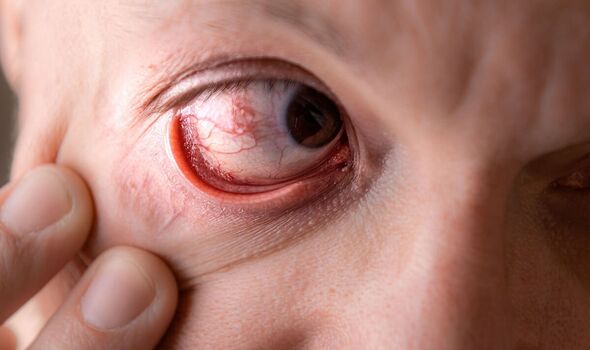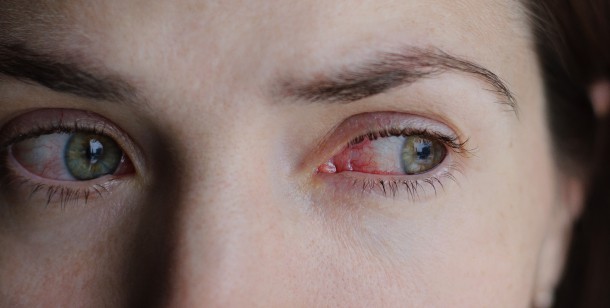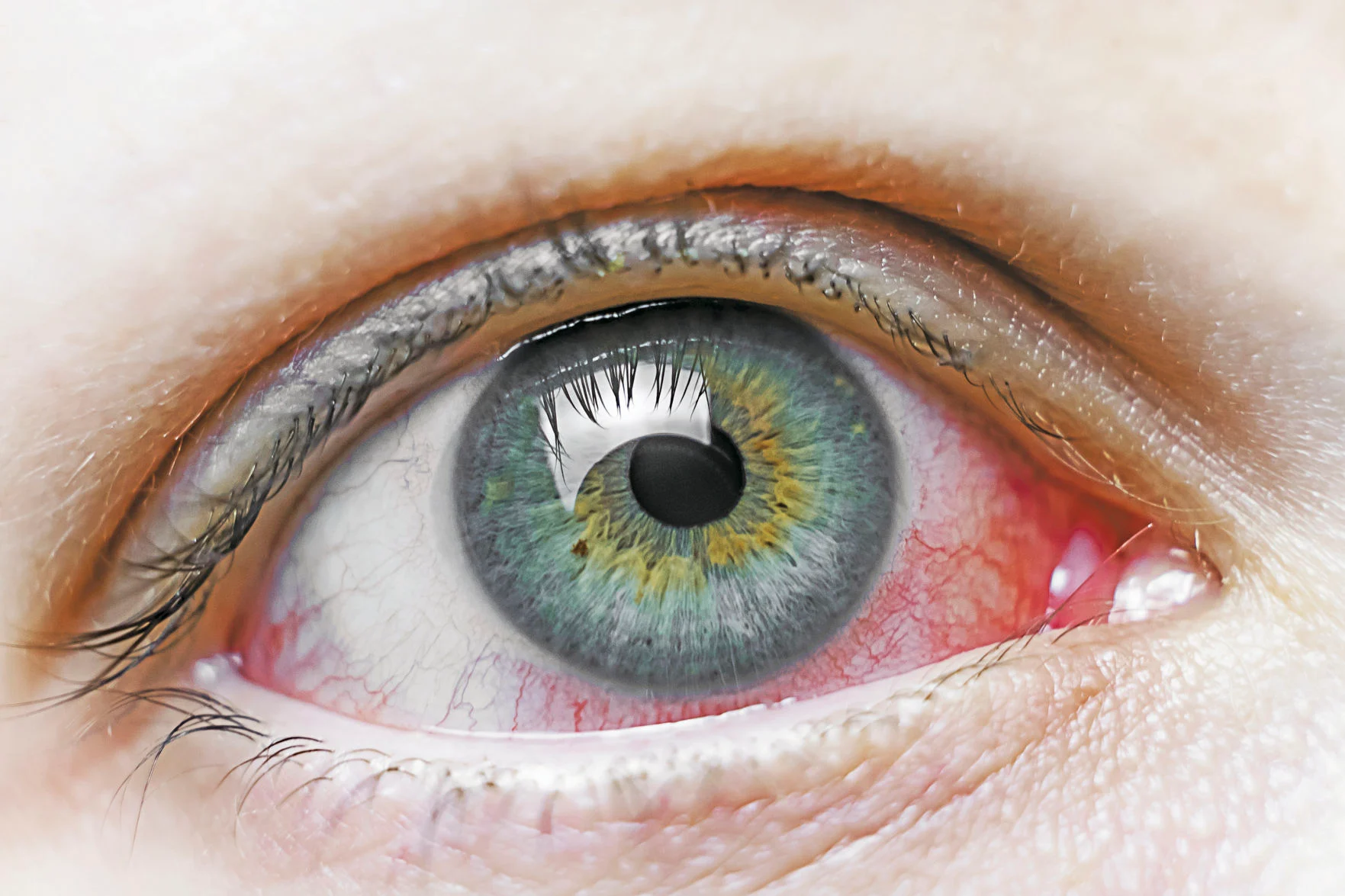Strokes
Welcome to Bright Vision Care Hospital, where we are dedicated to your eye health and overall well-being. In this informative guide, we will explore the relationship between strokes and eye health. While strokes primarily affect the brain, they can also have significant implications for the eyes. Our mission is to provide you with comprehensive information about strokes, including their potential impact on eye health, common symptoms, effective do's and don'ts for prevention and recovery, recommended eye exercises for rehabilitation, and expert care to help you or your loved ones navigate this medical condition and protect your vision.
Strokes are a serious medical condition that can have far-reaching effects, including on the eyes. Understanding the signs, taking preventive measures, and seeking timely medical attention are essential for maintaining both brain and eye health.

Symptoms
Strokes can cause sudden numbness, weakness, or paralysis, often on one side of the body. This may affect the face, arm, or leg.
Difficulty SpeakingSpeech difficulties, such as slurred speech or difficulty finding words, can be indicative of a stroke.
Vision ChangesStrokes can affect vision in various ways, including blurred or double vision, partial or complete vision loss, and difficulty in tracking objects.
Severe HeadacheSome strokes are accompanied by a sudden, severe headache, often described as the worst headache of one's life.
Dizziness and Loss of CoordinationStrokes may lead to dizziness, loss of balance, and difficulty walking or coordinating movements.

Do's & Dont's
Do's
Recognize the SignsEducate yourself and others about the signs and symptoms of strokes. Recognizing them can lead to faster medical intervention.
Seek Immediate Medical HelpIf you suspect someone is having a stroke, call emergency services immediately. Time is crucial in stroke treatment.
Manage Risk FactorsWork with healthcare professionals to manage and control risk factors for strokes, such as high blood pressure, diabetes, and high cholesterol.
Follow Medication RegimensIf prescribed medications to prevent strokes (such as blood thinners), take them as directed by your healthcare provider.
Attend RehabilitationIf affected by a stroke, participate in rehabilitation programs, including vision therapy, to aid recovery and improve quality of life.
Dont's
Don't Ignore SymptomsNever ignore the signs of a stroke, even if they seem to resolve on their own. Seek immediate medical attention.
Avoid Delaying TreatmentDo not hesitate to call for emergency assistance if you suspect a stroke. Early treatment can significantly improve outcomes.
Limit Sedentary LifestyleAvoid a sedentary lifestyle by engaging in regular physical activity, as inactivity can increase stroke risk.
Don't Skip MedicationsIf prescribed medications to manage stroke risk factors, do not skip doses or discontinue them without consulting your healthcare provider.
Avoid Self-DiagnosisDo not delay seeking medical attention if you suspect photokeratitis or experience severe eye pain and discomfort.Do not attempt to self-diagnose or self-treat stroke symptoms. Always seek professional medical evaluation.
Exercises
While there are no specific eye exercises to treat strokes, overall rehabilitation exercises can help improve vision and coordination. Consider these exercises:
Follow moving objects with your eyes to improve tracking abilities.
Visual Field ExercisesPractice scanning your visual field to enhance peripheral vision.
Near-Far FocusFocus on objects at varying distances to improve depth perception.
Visual Memory ExercisesChallenge your visual memory by identifying and recalling objects or patterns.
Balance and Coordination ExercisesEngage in balance and coordination exercises to improve overall mobility and stability.

Summary
Strokes can have significant implications for eye health, and recognizing the signs is crucial for timely intervention. At Bright Vision Care Hospital, we are committed to providing expert care and guidance to address the impact of strokes on your eyes and overall well-being. By following the do's and don'ts, managing risk factors, and participating in rehabilitation programs, you can optimize your recovery and safeguard your vision.